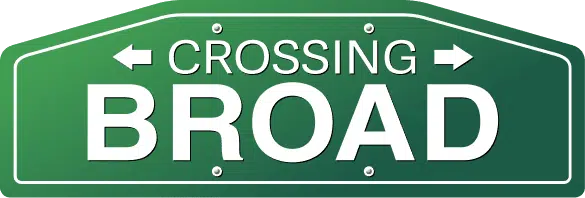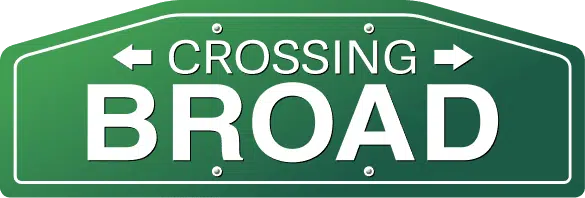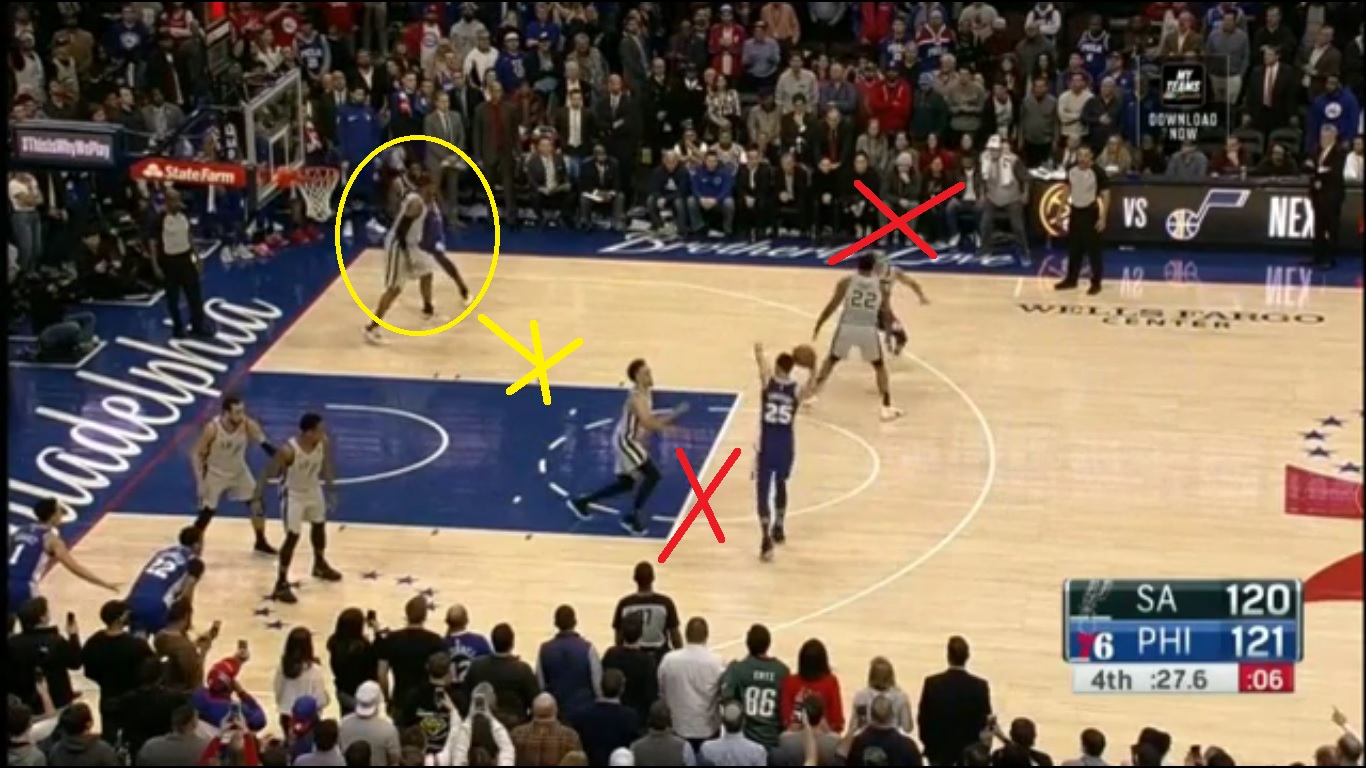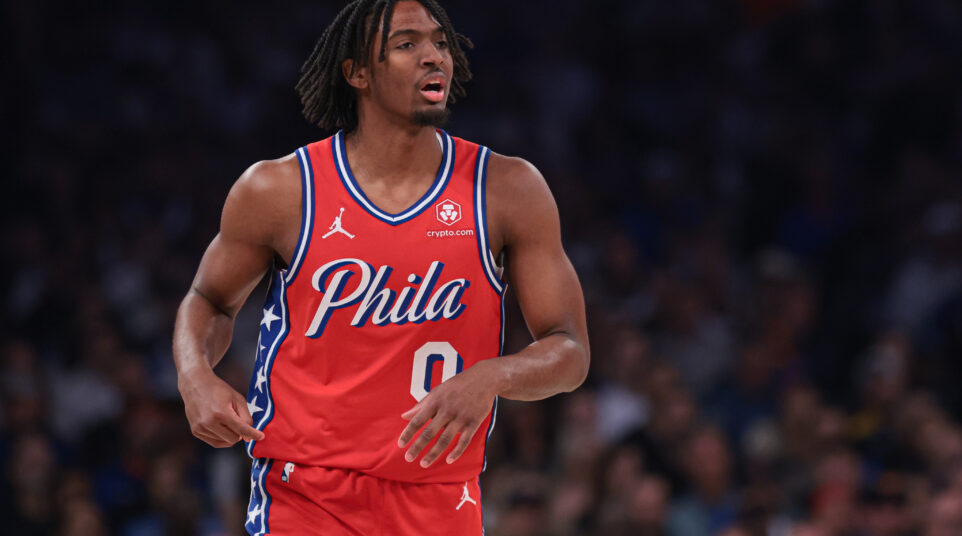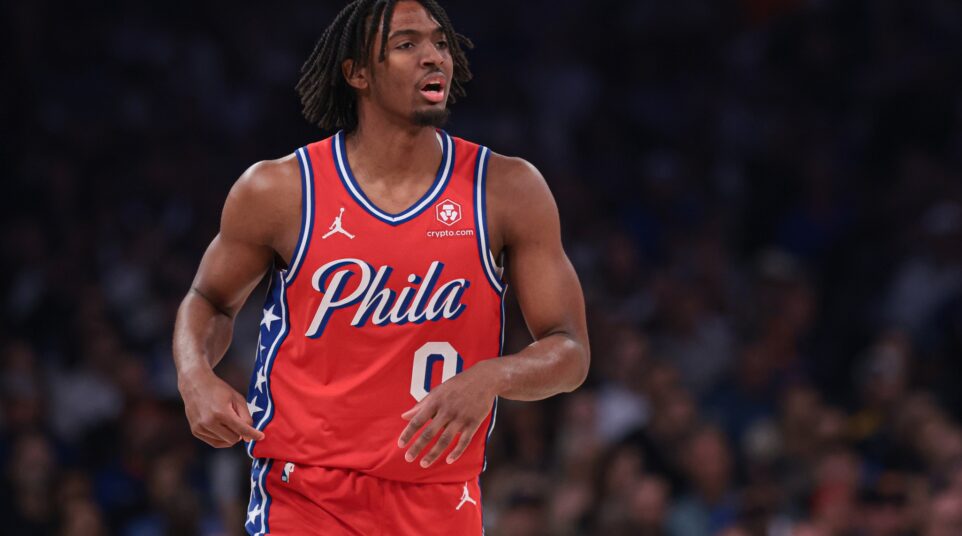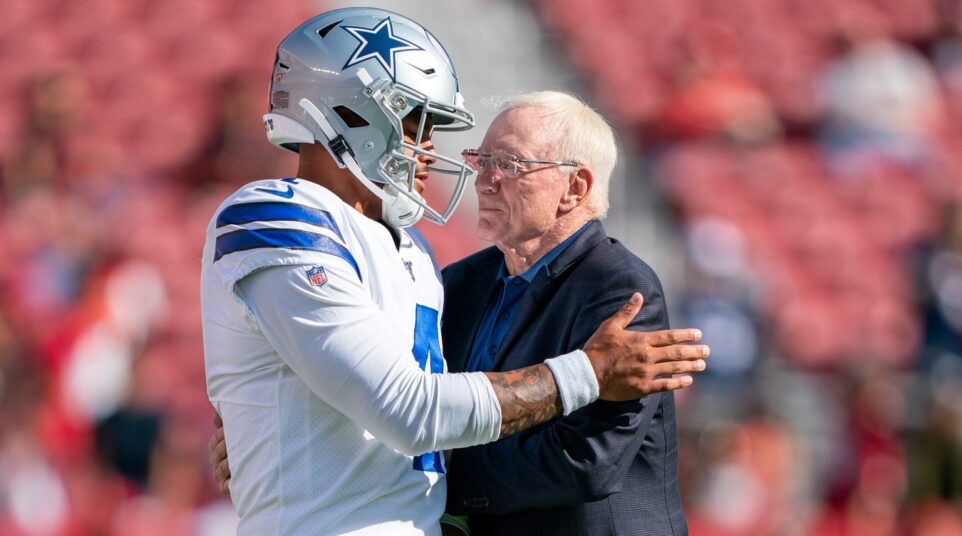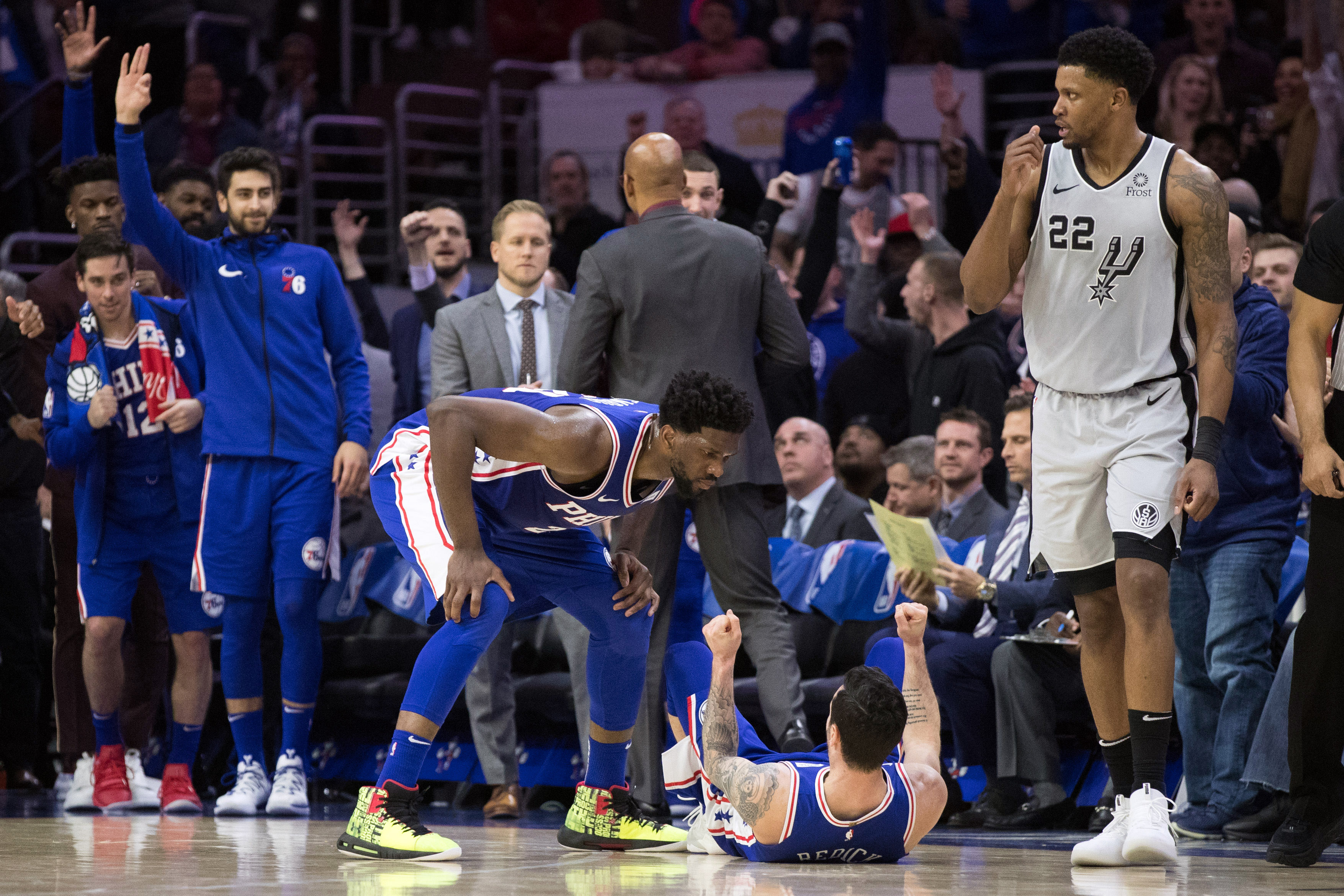
One Hell of a Comeback - Observations from Sixers 122, Spurs 120
Wowzers.
Heck of a win at the Wells Fargo Center on a Wednesday night.
The Sixers were down eight with 2:30 on the clock and used a 10-0 run to rip off a smash and grab win and improve to 32-17 on the season and 21-5 at home.
You could start at either end of the floor, but the defense over the course of the final three minutes was some of the best stuff we’ve seen from this team in 2019.
In those six San Antonio possessions, the Sixers got the following defensive results:
- DeMar DeRozan missed 18 foot elbow fadeaway
- DeRozan layup – blocked by Joel Embiid
- Derrick White missed contested three pointer
- Marco Belinelli bad pass turnover
- DeRozan layup – blocked by Wilson Chandler
- Rudy Gay inbound pass – knocked away by Ben Simmons
The Spurs only got off two clean shots while the Sixers blocked a pair of layups and prevented a last-second heave. If you were wondering why DeRozan was out of the game on that final play, it’s because Gregg Popovich was looking for a win and didn’t want to go to overtime.
Said Pop post game:
“We didn’t want to go to overtime.”
That’s it. That’s the entire quote.
I had some people asking me why Corey Brewer made the second free throw at the end of the game instead of missing on purpose, and while it would have probably been easy enough to try to bat the ball into the air and kill the clock, I guess the Sixers felt comfortable taking a two-point lead with just 1.1 left on the clock. Popovich is hard to predict and tried to draw up a three-pointer instead of a lob, so go figure. Sort of a strange ending there.
As you well know, the Sixers are currently in a hellish 12 game stretch that features 11 games against playoff teams. We’re 33% of the way through that stretch and Brett Brown’s team is 3-1 so far, ripping off two of those wins without Jimmy Butler. So far, so good, and they’re going to have to stay locked in because the Nuggets, Lakers, Warriors, and Kings are up next.
Same play, different results
If you study Brett Brown closely, you’ll find instances where he’ll call the same play two times in a row if he gets a favorable result out of the first sequence.
Last night was one of those instances.
Brown dialed up a “12” pick and roll on consecutive offensive possessions, with the first resulting in the four-point JJ Redick play that would turn out to be the game-winner.
You’ve seen it plenty of times before, the Redick baseline starting point and back screen or slip with Ben Simmons. In this case, Simmons had pushed the floor in transition, then picked up his dribble, reset the offense, and went into the play from there:
The Spurs blow the switch, Redick pops to the arc, and he gets an open look.
Here’s JJ on that specific sequence, plus the general concept of the play:
Sometimes I screen for Ben on the ball just randomly, but we had done that a few times earlier in the game. They hadn’t switched, and I think Ben had come off and either scored a layup or got to the rim and got fouled. So on this one, they called switch, but it was just a little late, and Rudy was, I had originally set the screen on Rudy, whoever was guarding me (Belinelli) called the switch late and I just got a little bit of separation. But that’s just a read, and we very well could do two or three things out of that, and there’s a secondary action after that. It’s a nice continuous play that gives us a bunch of options and gets me, Jo, or Ben in that action.
We don’t typically see that second action come into the play, the one that involves Embiid, but on the second go-round, when Brown called the play again, you can see it take place. In this case, Derrick White is guarding Redick, he switches, blocks off Simmons, and forces the dish to Joel instead:
Really good defense there by White, and because Redick is sealed off and Ben is denied the lane, that’s when the secondary action comes into play.
You can see Simmons calling Embiid up from the corner right here:
I asked Brown about his penchant for calling this play in late-game scenarios, mentioning that it was his final call in Boston on Christmas:
The Christmas Day one was, we all stood back and said ‘why wouldn’t you give it to Joel or whatever.‘ We’ve had success with the play. It’s never as perfect as you hoped, but tonight it was. What happens is, there is complete confusion a lot of times, when JJ comes up. Is he going to set a screen? That’s one. Is he going to slip the screen? That’s two. Is he going to fake set the screen and just come behind Ben Simmons as he did in Boston for a wide open shot?
And then it’s got legs behind it, where you see the continuity of the action that we have with Joel. Really if you study the last two times we ran that, JJ had the four point play, then Ben decided not to go to JJ and called Joel up. Joel really, I think it was White who made a hell of a play, but he had a dunk and we could have scored twice out of that (set). But we go to it for those reasons. When you have somebody like Steph Curry, JJ Redick, great shooters that are now participatory in screen setting, that’s confusing. Switch it, slip it, come behind it, for the reasons I just said.
Here’s the Boston play again, for a third example of how the play can unfold:
Conceptually, I agree with Brett that it can be really confusing and difficult to defend when you have a high-level shooter being used as a screen setter. Especially when JJ is coming almost vertically up the floor from the baseline, it’s difficult for someone like Rudy Gay to get his head turned and feel his way through. The Sixers will also run Redick into Embiid’s man in sort of an inverted pick and roll type of look, which has worked to some success.
But either way, you see Brett go to this “12” look frequently in late game situations, and last night provided two more good examples of how it can play out. In this case, the first call got the Sixers a four-point play while the second call was defended really well by the Spurs.
Would it be a better play if Ben Simmons was a threat to shoot? Of course it would be, and maybe Ben gets there at some point, but it got the job done last night.
Other notes:
- Belinelli got a decent pop from the crowd when he came in. The Sixers put him in a pick and roll on the very first possession and scored an easy bucket.
- Jonah Bolden was again the first big off the bench and he had huge momentum double block and transition dunk
- DeRozan got away with a pretty bad flop in the third quarter
- Landry Shamet hit a huge corner three during the 10-0 run and finished with 14 bench points on 5-7 shooting. His defense continues to improve in every game he plays.
- T.J. McConnell had a lot of trouble with Patty Mills.
- Wilson Chandler got props for his defense after the game from Brown. I might use those quotes in a sidebar story later.
- The reason Embiid and Simmons were both out of the game in the fourth quarter was because they were exhausted and needed a quick rest. Brown also talked about that after the game. He tried to get them back in as soon as possible. He almost never has both guys out of the game at the same time. 37 minutes for Joel was his highest mark since Christmas Day, when he played 40 in Boston.
- Corey Brewer had another nice defensive game starting on DeRozan with Butler missing. DeRozan got his 20+ points but only mustered 3 assists, which is well below his average
- A very casual 21, 10, and 15 for Simmons last night. Very casual.
- The Sixers improved to 11-2 with Kendall Jenner in attendance:
What a GREAT reaction from @KendallJenner !!! pic.twitter.com/naBe9FfQeO
— JawnyDoc (@JohnnyDocPhilly) January 24, 2019
